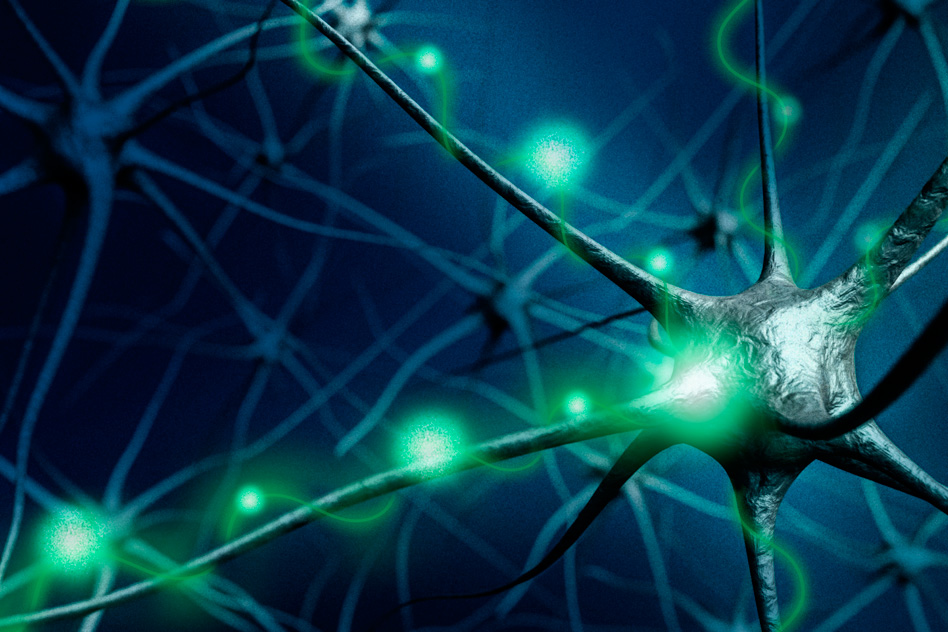According to a 2009 Pew Research survey, 18% of adults in the U.S. say they’ve seen a ghost or at least felt its presence. An even greater number (29%) say they have felt in touch with someone who has died.
Humans have felt presences for at least as long as we have recorded history and, naturally, where there is mystery there are scientists poking and prodding to get to the bottom of it.
So how does this supernatural phenomenon hold up under scientific scrutiny? Developmental psychologist Alison Gopnik tells us a spine-chilling story this Halloween, where a bunch of scientists from University Hospital of Geneva ran a neurological study to examine the popular claim of spirit-world sensations. Through a very interesting method, what they found was that patients with a particular kind of damage to their frontoparietal cortex where especially likely to have this ghost sensation, and that our brain can dupe us into feeling things that really aren’t there – we may literally feel a touch on our back due to a brain glitch.
That’s not so scary, right? That’s kind of comforting. Well, Gopnik’s ‘boo!’ moment in this tale comes in the form of a pensive and introspective twist: the frontoparietal cortex is the same brain region that lets us sense our own bodies, and be aware of our own kinesthetic motions. If it can be duped, how do we know that it’s always reliable? How sure are you that your hand is holding a mobile phone, that your thumb is scrolling on the screen, and that you’re tucking it away in your pocket? It feels real, your frontoparietal cortex tells you that’s very real, but this experiment suggests it could very well be an illusion. How confident are you that your sense of your own body is real? It’s something we haven’t got to the bottom of yet.
Alison Gopnik’s most recent book is The Gardener and the Carpenter: What the New Science of Child Development Tells Us about the Relationship Between Parents and Children.
Alison Gopnik: There is a fascinating line of research recently trying to explain why people see ghosts. And it's a phenomenon that people have talked about for a long time that someone will suddenly feel as if there's this presence of another person that's near by. And it turns out that you can actually artificially induced that sense of another presence that's nearby. And you can do it by using the sense that we have of our own presence. So as I'm sitting here now I have a fairly strong sense that I am sitting here now; that there's this person who's me who's sitting here. And part of that is because of my kinesthetic appreciation of the way that my own body works. The fact that when I try to do something my body follows. So what they did in this experiment was to set up a situation where I'm say moving a stick I feel a stick behind me touching my back. So even though I couldn't actually be bringing about that movement it's highly correlated with my own movements, the way that my hand waving is correlated with my intending to wave my hand. So here it is I'm intentionally moving this stick and I'm feeling the stick moving in exactly the same way on my back.
It turns out that when you do that people report, even though they know it's not true, they report that there's this other person that somewhere out there. There's a presence that's there that's responsible for what's happening to them. And when you look at people who report this feeling of presence it's a characteristic of certain kinds of brain damage which affect this kind of kinesthetic sense we have of our own bodies. So the sense that I had that I'm here inside of me not over there that's generated by particular brain areas and with damage to those brain areas that system gets so messed up one of the results is that you think that there's another person there.
Now I think part of what makes that whole story, you know, you might think this is a kind of encouraging Scooby Doo sort of story so it looked like there was a ghost but now no we really found out that the ghost was just this illusion of our own kinesthetic body. But even though that seems kind of comforting I think there's actually something even spookier that's the result of that. And the thing is even spookier is what about that feeling I have about me? What about that feeling that I have that I'm here existing in my body? What these experiments suggest is that's just as much of an illusion as the ghost. So the ghost in the machine, they ghost that's me that's just as much an illusion that my brain is generating as the ghost that's out there that's causing that feeling on my back or the ghost that's out there that's the result of the little glitch in my kinesthetic processing.
So even though I think this is kind of an encouraging thought for Halloween that all those ghosts are really just illusions of your mind, there's a bit of a catch like in all good ghost stories, it's kind of a turn of the screw that says yeah well that might be true about those ghosts but that might be true about that ghost that's my own sense of self too.







